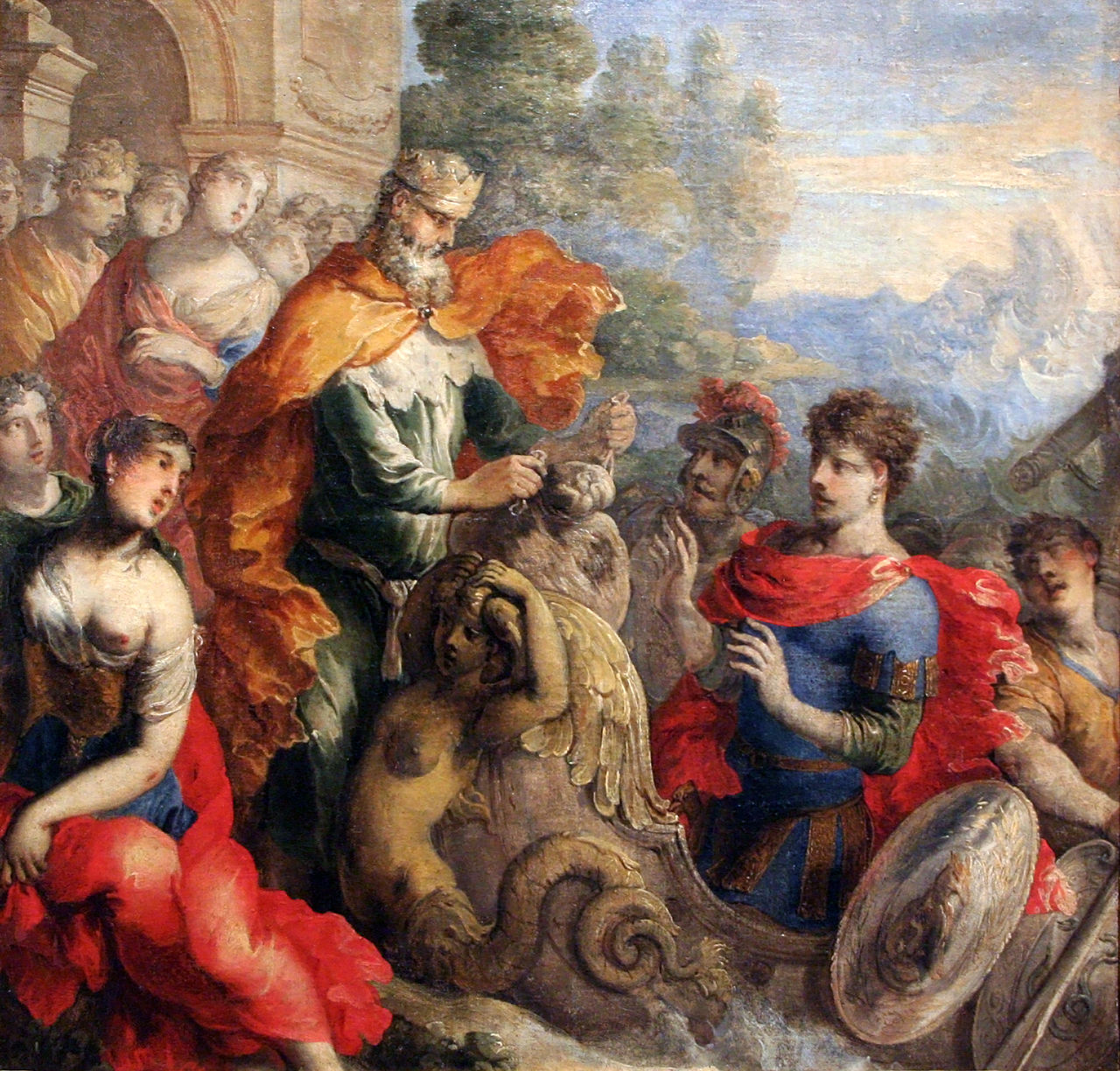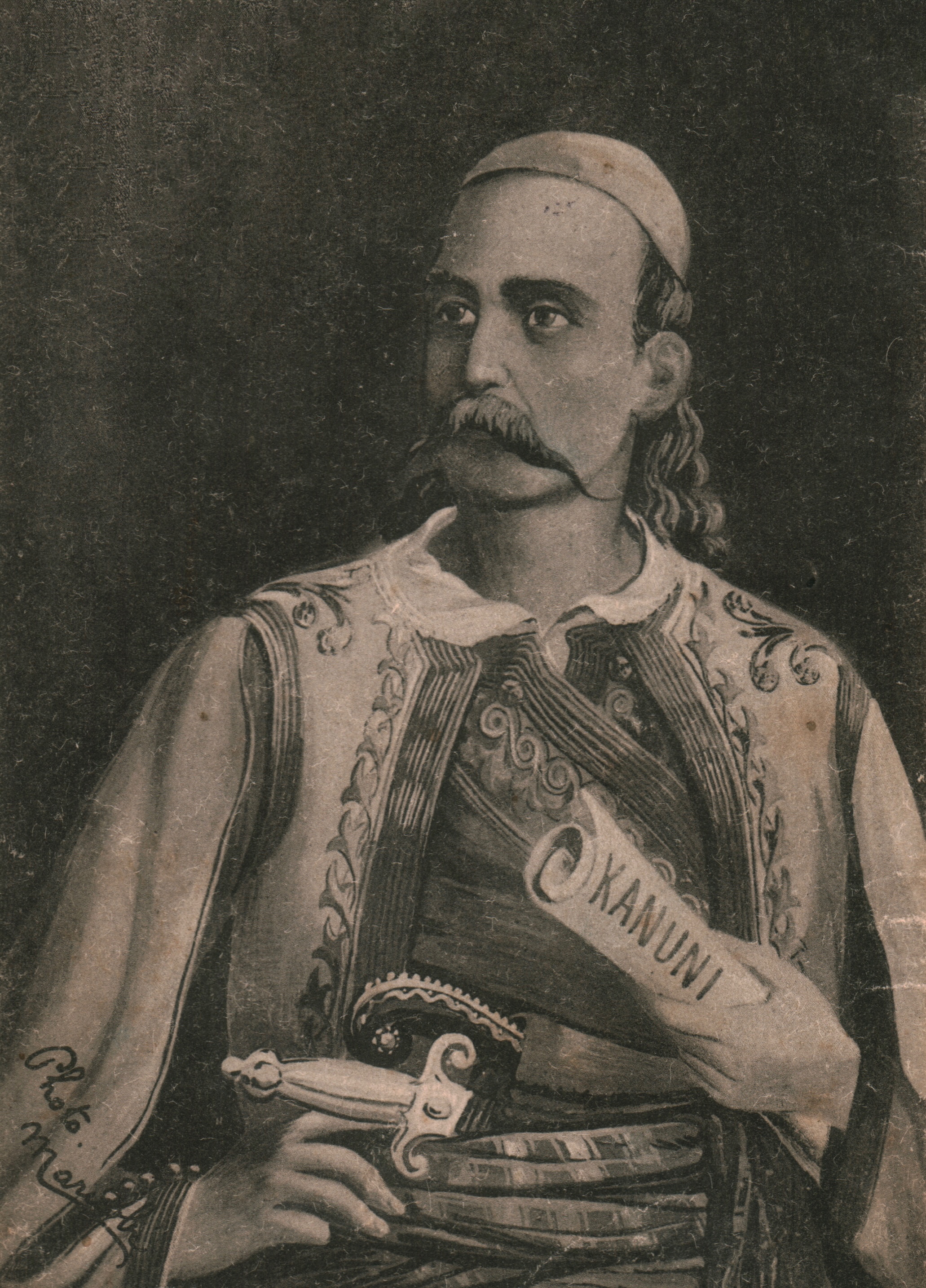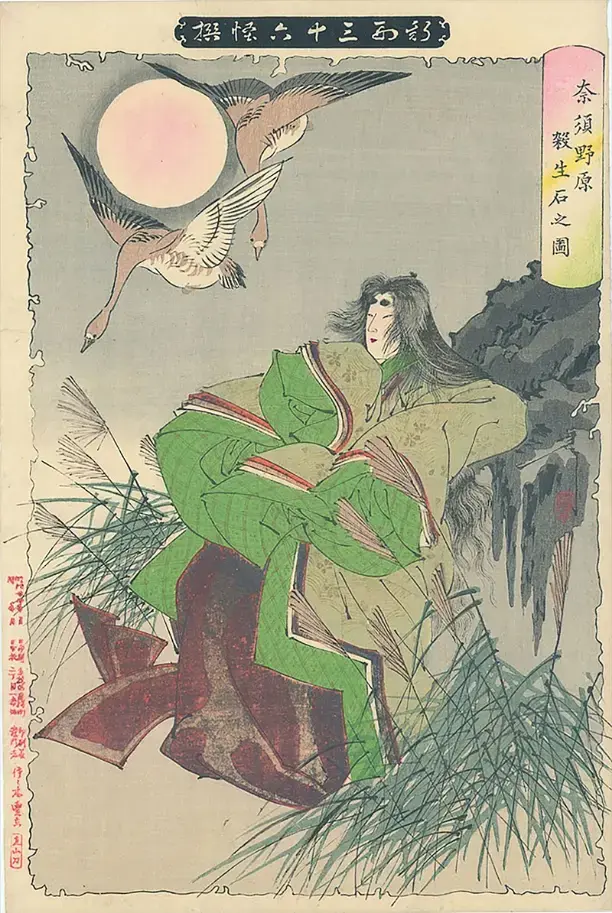Aeolus

In Greek mythology, Aeolus (Ancient Greek: Αἴολος, Aíolos) was the keeper of the winds and ruler of the floating island of Aeolia, as described in Homer’s Odyssey. He was the son of Hippotes and lived with his wife, six sons, and six daughters in a harmonious and self-contained kingdom.
Aeolus played a key role in Odysseus’s journey home from Troy. When Odysseus and his men arrived on Aeolia, Aeolus welcomed them and listened to their tale. As a gift, he gave Odysseus a leather bag in which he had confined all the winds, except for the gentle west wind (Zephyrus) to carry them safely toward Ithaca.
However, just as their ship came within sight of home, Odysseus's curious and greedy crew—believing the bag held gold or treasure—opened it. The released winds created a violent storm that blew them all the way back to Aeolia.
When Odysseus returned and begged for help a second time, Aeolus refused, declaring that Odysseus must be cursed by the gods and was therefore beyond his aid.
This Aeolus, the controller of winds in Homer’s epic, is sometimes confused with another figure of the same name—Aeolus, son of Hellen, who was a mythical ancestor of the Aeolian people, one of the four major Greek tribes. Despite the shared name, they are distinct characters in mythology, though later traditions occasionally blurred the distinction.
Aeolus in the Odyssey represents both divine benevolence and the limits of divine assistance—he helps Odysseus once but will not interfere again when fate seems firmly against him. His myth underscores themes of trust, temptation, and the consequences of disobedience that recur throughout Odysseus’s adventures.


